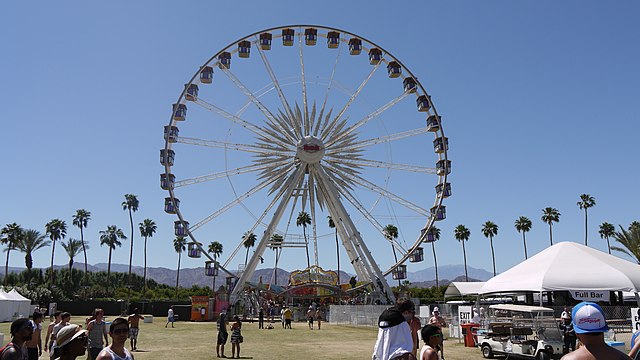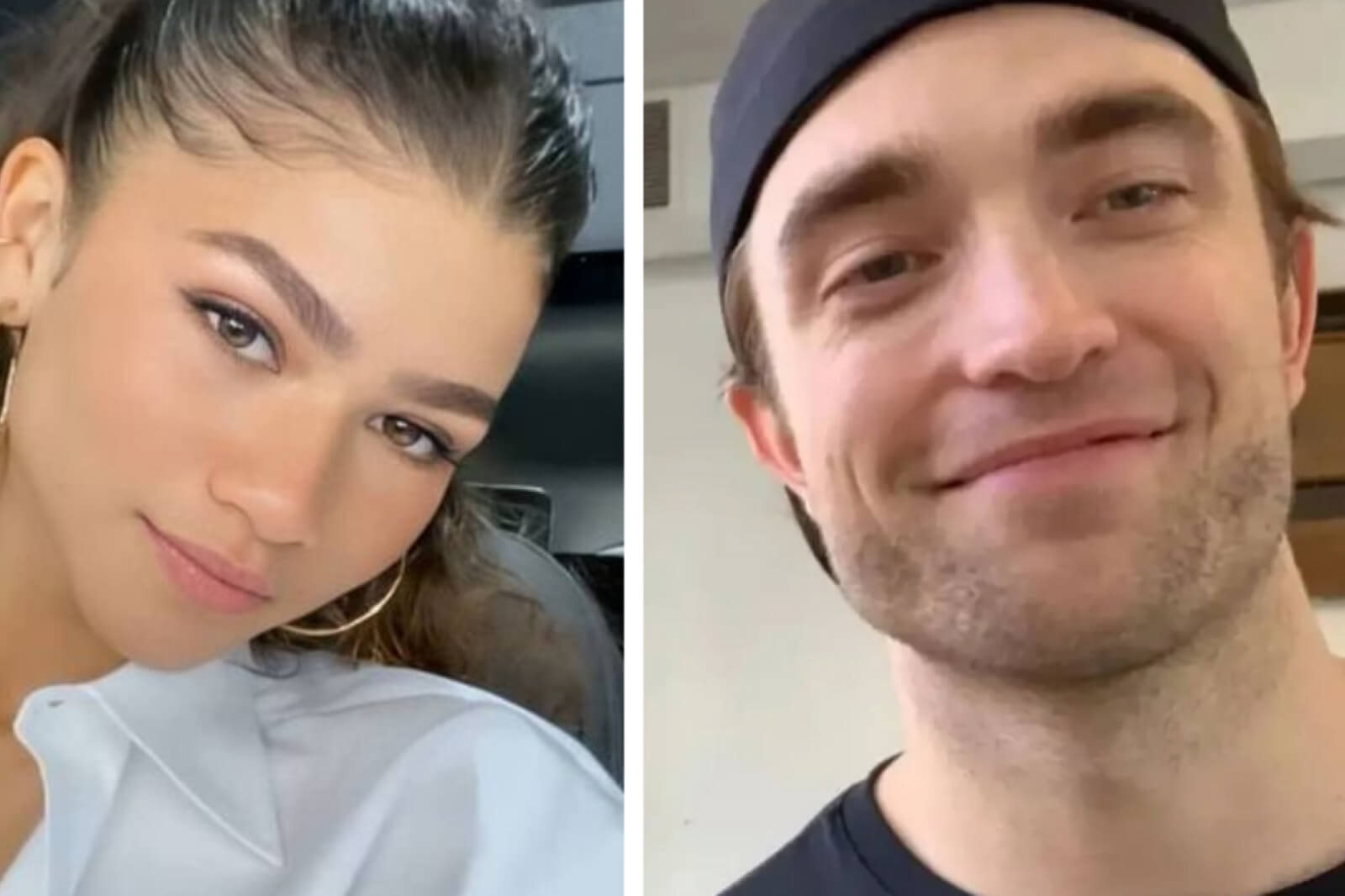
When Prince Harry and Meghan Markle absconded from the Royal family to start their new life in LA, it only seemed natural that their new life begin with a tell-all interview with Oprah.
Through relentless tabloid speculation during the course of their relationship, engagement, and life as royals, the couple remained quiet. Though Markle defended herself against the press itself, suing The Mail on Sunday for their blatant racism, she never revealed anything about life as a member of the family. Until now.
Meghan and Harry’s interview with Oprah revealed the reasons they left their official duties as Duke and Duchess of Sussex and brought to light some of the ugly truths of the royal family — including their own persistent racism, their concern over Archie’s skin color, and their willingness to lie to protect other members of the family (we’re guessing that means Prince Andrew…).
Oprah With Meghan And Harry First Look | “There’s A Lot That’s Been Lost”www.youtube.com
Markle is not the first to speak out against the royal family. Harry’s own mother, Diana, was interviewed by Martin Bashir in 1995, when she spoke about her personal struggles with mental health and even questioned if Prince Charles had the “character” to be king. Diana’s bold challenge to the establishment was echoed by Meghan, whose interview has prompted conversations about the colonial legacy of the crown.
Oprah was the obvious choice for the interview. Oprah has become synonymous not just with giveaways, book clubs, and weight watchers (she loves bread!), but with hard-hitting, exclusive interviews with celebrities. Whether her interviews be guarded and controversial or just famously reticent, Oprah is a masterful interviewer. She pushes just enough to give the people what they want, while keeping the trust of her interviewees.
Maybe it’s due to our celebrity voyeurism, but Oprah’s feature interviews are famously revealing and feel like an emotional spectator sport. After her conversation with Meghan, we were all left asking ourselves if we were silent or silenced in our own lives. …
Here are some of Oprah’s most iconic interviews:
Beyoncé
In 2013, Beyoncé opened up to Oprah as part of her “Oprah’s next chapter” series. The interview premiered before Beyoncé’s HBO documentary, Life Is But A Dream. In the interview — which was so intimate that Beyoncé almost didn’t release it — Beyoncé talked about her marriage, her private life, and revealed that she’d had a miscarriage before giving birth to Blue Ivy.
Like Harry and Megan, Beyoncé’s interview inaugurated a new era. Later that year, she released her self-titled album, Beyoncé, which kicked off a phase of her career focused on her independence and creative vision. Since then, Beyoncé has come to be defined by her highly curated visuals, her defiance of common marketing tactics, and her reticence to be interviewed, so the Oprah interview remains one of the most candid portrayals of Beyoncé’s life.Whitney Houston
In 2009, Oprah sat down with Whitney Houston in New York City for a two-part interview with the legendary musician. The interview took place just three years before Houston’s death, and its legacy feels like a retrospective of her life from her point of view.
The pair did not shy away from anything. Whitney shared details about her life at the peak of her career, including her tumultuous relationship with fellow singer Bobby Brown and their “descent into drug abuse.” Oprah showcases her interviewing process, playing with the balance between comforting Whitney when she was being vulnerable and confronting her when she was being evasive.
In a revelatory moment for Houston, she goes from being defensive to being thoughtful after Oprah asked her if she thought she had wasted the talent she’d been given. The candor of the moment felt dramatically opposite to an interview she had given with Diane Sawyer on Primetime in an attempt to make a comeback in 2002. With Oprah, in a format that felt more like a conversation than a stop on a press tour, Houston was reflective, thoughtful, and honest.Lindsay Lohan
Oprah’s interview with Lindsey Lohan felt like an intervention that the entire audience was a part of. The interview followed Lohan’s court-ordered visit to rehab. Lohan was notably reticent, making it a challenge for even Oprah to extract any hint of honesty.
In context, this is not surprising. Lohan’s interview on Letterman, directly preceding her rehab visit, has recently been making the rounds on Twitter for his unfair targeting that seems especially egregious in the context of the Framing Britney Spears documentary. So Lohan’s defensiveness in the interview may be partly related to her previous experience with the press; but even faced with this challenge, Oprah manages to pull some revelatory truths out of the former child-star.
But Oprah did not do so by being gentle and permissive — in her subsequent interview, she notably told Lohan to “cut the bullsh*t.” However, her questions were less antagonistic than Letterman’s, which seemed paternalistic and engineered to get the audience to laugh at Lohan. Oprah was more concerned with honesty and digging behind the shell to get to the truth.
Pieces of Lohan’s life come together in a new way during the special: how her recklessness started with Mean Girls, how the media sensationalized her drug use but she was really struggling with alcoholism, and she revealed a budding self-awareness about her life. Lohan later said that Oprah changed her life, saying: “I think Oprah really gave me a different perspective on life and that really changed me.”
Barack Obama
Barack Obama has done more than one interview with Oprah — first as an Illinois state senator, then as sitting president. Their most recent interview in late 2020 as part of her AppleTV series, The Oprah Conversation. The appearance was part of Obama’s press tour for his book A Promised Land where they talked about quarantine living and his tan suit before diving deeper.
In typical Oprah fashion, the interview went beyond White House gossip and political theorizing. Oprah wanted to make Obama get vulnerable. When sharing about his presidency, Oprah asked about his life behind the scenes and his motivations — including the strain put on his marriage and whether he felt like his success was an attempt to prove himself to his father. Oprah gets behind Obama’s charisma and grandeur. Naturally, Obama is a politician, but even he allows himself to be vulnerable by talking about the Sandy Hook shooting as his “hardest day” and even the effects of the presidency on his ego.
He revealed that: “Seeing your name up in lights, being on television, speaking to large crowds, etcetera — after a while, like everything else, you become accustomed to it … what lingers, what lasts, what matters is your own assessment of what good am I doing.”Michael Jackson/After Neverland
In one of her most controversial and capacious interviews to date, Oprah interviewed Michael Jackson in 1993, just before the allegations against him started to become public.
That interview focused on Jackson’s rise to fame, his childhood (or lack thereof) and his life in the public eye. It also clarified many questions that had been surroundingJackson, like his struggle with vitiligo, his nose job, and his relationship with his father. The interview is one of the few times Michael spoke about his personal life, especially his childhood, in such depth.
At the time, Oprah commended him for his honesty and vulnerability — but it’s hard to watch the interview, which was filmed in Neverland Ranch, without thinking about the allegations against him.
In 2019, after the release of the documentary Leaving Neverland, which told the stories of the survivors of Jackson’s abuse, Winfrey held an interview with said survivors. The documentary caused anger and condemnation from many fans and from the Jackson estate, as did the follow up, which Oprah acknowledged on the show: “All the anger — you guys are going to get it. You know that, right? You’re going to get it. I’m going to get it. We’re all going to get it.”
The After Neverland interview is Oprah at her best, facilitating catharsis and helping people tell their stories in an attempt to help them (and anyone watching) learn and heal.













